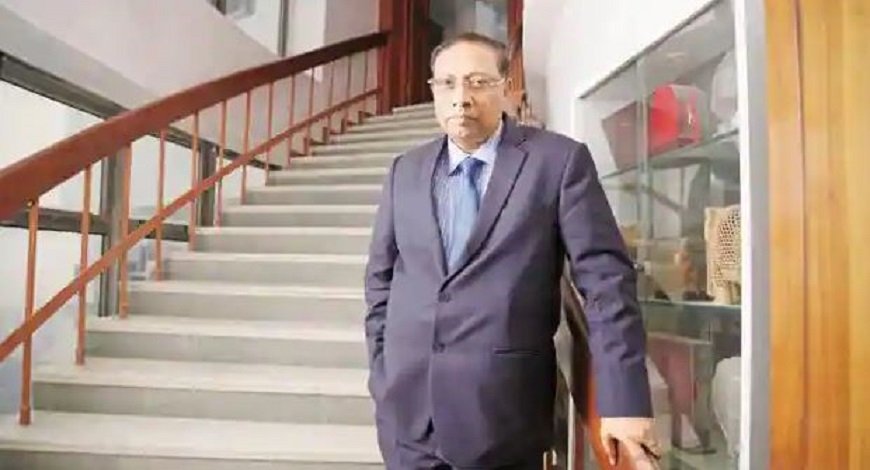BSE chairman S. Ravi on the bourse’s share buyback plan, India International Exchange and the performance of BSE SME platform
Mumbai: BSE Ltd on Monday approved a share buyback of Rs166 crore, within a year of its listing on 3 February 2017. In an interview, S. Ravi, chairman of BSE, said the exchange would focus on diversifying its business this year by venturing into commodity derivatives. On Monday, BSE also announced that it will start mock trading in commodity derivatives towards the month-end. Edited excerpts:
BSE has been listed for less than a year; so why buyback at this stage?
There was feedback from institutional and individual investors for the buyback. The decision was based out of the market sentiment.
This will increase shareholder value and increase our earnings per share. We have surplus money and cash reserves. We had two options, whether to give extra dividend or do a buyback. We thought that buyback was the better option.
By giving extra dividend, we did not want anyone to raise expectations of shareholders. That said, we will not sacrifice dividends in any fashion.
What is the vision for BSE?
First vision is governance; we have seen in the ecosystem that governance has been an issue at corporate India. With enhanced governance, we will believe that business will follow.
Further, we are following a two-pronged approach—our investments should yield results and expansion in related fields.
We are looking at diversification, with commodities being the focus. Sebi has allowed exchanges to trade across categories—commodities, equities, etc—starting October 2018, so we are preparing ourselves for the launch. We are also exploring business associations that will maximize the profits for BSE.
What are the expansion plans?
Commodities foray is the natural way forward for expansion; we are also considering a foray in Information Utility (IU). Each year, we consider adding some more facets to our business; last year, it was INX, before that SME, and this year it will be commodities.
How do we see the exchange dynamics change after the universal exchanges are operational?
It depends on various participants. As far as we are concerned, we are not looking for acquisitions (other exchanges) but aren’t averse to the idea either. We are stable and cautious that once we get into commodities, we will do it phase-wise; probably start off with metals.
Could you take us through the INX (India International Exchange)? The volume numbers have started improving; are you happy with the progress?
The turnover has reached as high as Rs2,100 crore as on Friday; it was exceedingly good. Considering it is a new exchange, it has challenges on all fronts including human resources, regulatory clearances and having systems in place, which is natural. Having said that, we are very happy with the progress and will strive for more.
What new is in store for INX?
The IRFC bond listing (green bond) was a great step and this is just a start. We are in talks with other public sector undertakings (PSUs) to list, but this is subject to regulatory discussions. So, I do not have an absolute answer for this.
But yes, we are working on making secondary market more liquid and getting more brokers on board. Masala bonds are something that markets want; we are exploring it.
The Small and Medium Enterprises (SME) platform of BSE has been a success. Where do we see SME platform in the coming years?
We are working on deepening the SME market. SMEs are also the focus of this government and banks too are interested in this space, so the growth is expected. With banks showing interest and confidence, institution or institutional participation will follow.
It is also the track record of listed SME companies that will promote institutional participation. We are targeting more SMEs to list as the public perception is also changing.
